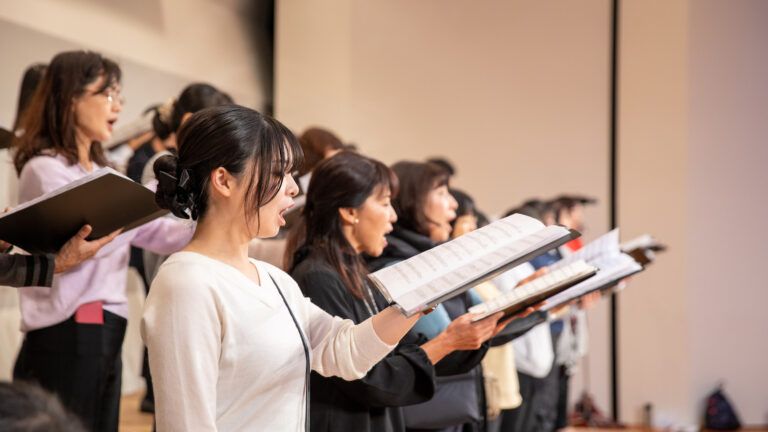I’ve always known I “should” pray more. Determined to follow Jesus as a teenager, I tried to imitate such men as English missionary Hudson Taylor and Salvation Army Commissioner Samuel Logan Brengle, both who prayed long and hard and effectively. My efforts to be like them soon fizzled, however, and all I had to show for my labors was a healthy dose of guilt.
Later, as I trained for ministry, many of my instructors and some of my classmates displayed the fruits of strong, healthy prayer lives. I enjoyed occasional spurts of prayer myself, but again the greater harvest was feelings of guilt and inadequacy.
Even over years of ministry in the church, my prayers usually felt too far and few between. I prayed often–in the hospital, funeral home or church service. But I never felt like I had arrived where I wanted to be in my prayer journey.
I am not a lazy person. I get things done. But for many reasons, my prayer efforts for many years produced mostly disappointment and guilt. Maybe you can identify. Maybe, like me, you’ve been tempted to conclude that you’re just not cut from the same cloth as so-called “prayer warriors.” Maybe you’ve resigned yourself to an ineffectual and unrewarding prayer life. Maybe you have given up altogether. Don’t.
Ask the OurPrayer team to pray for you!
You can enjoy the benefits and blessings of a rich prayer life while escaping feelings of guilt and inadequacy.
Here are a few keys I have discovered in recent years that have opened the door to guilt-free praying for me:
1) Pray according to your rhythms, not someone else’s.
You’ve heard or read the stories of people throughout history who rose at 4 a.m. and prayed for hours before breakfast, just as I have. But I had to learn that forcing myself to imitate someone else’s rhythms hurt far more than it helped.
So I spent some time experimenting, and figured out that (to quote the hymn) “When morning gilds the skies, my heart awakening cries, I just want to sleep for five more minutes, okay?” I do pray in the morning, usually, but not until I’m on my second (or third) cup of coffee.
2) You don’t have to pray for a long time.
I used to measure the “quality” of my prayer time according to “quantity.” I wanted to discipline myself to pray for a half hour or an hour, because that’s what “good” pray-ers do, right?
But then I noticed that some of the most effective prayers in the Bible were pretty brief. Even the prayer Jesus taught His disciples takes no more than a half-minute to pray. So it’s not how long you pray that matters most, but simply that you pray.
3) Your prayer doesn’t have to be fancy.
I was inspired at an early age by numerous people who prayed powerful, eloquent prayers. Turns out, it messed me up a little bit. I wanted to pray like that. And then I realized that Jesus depicted prayer as something like a child approaching a loving parent (or grandparent).
My prayers can be as primitive as one of my grandkids writing a birthday card for me; the words may be simple, even painfully so. But God treasures every one. As theologian Richard Foster wrote, “In the same way that a child cannot draw a bad picture so a child of God cannot offer a bad prayer.”
4) Always remember that God loves you before or beyond anything you can do or say.
I used to obsess over “praying well.” I kept track of my prayers and answers to my prayers, wanting to pray in such a way that God would answer more and more. I wanted to become “a man of prayer,” so it felt important that I get it right, so to speak.
But one day something clicked, and I realized that God loves me, not my prayers. And He wants me to want Him more than answers to my prayers. And it has since been enough for me to enjoy my status as a “child of God” without fretting over becoming “a man of God.”
The point of my prayers ever since has not been accomplishment or answers, but relationship—intimacy with the God who loves me and invites me to love Him back!
Guilt and prayer are like oil and water. One will always repel the other. So try these keys to guilt-free praying and see if they do for you what they did for me.





